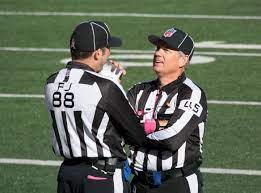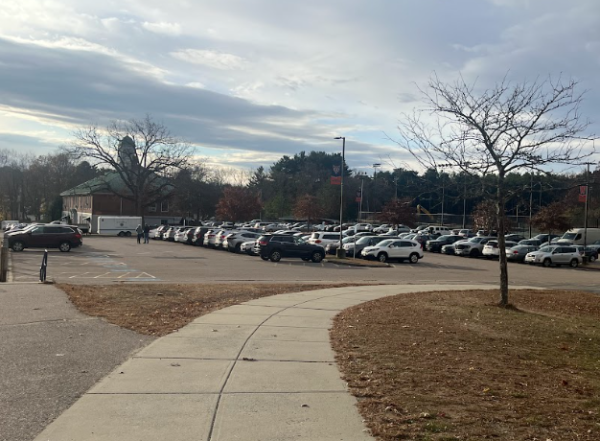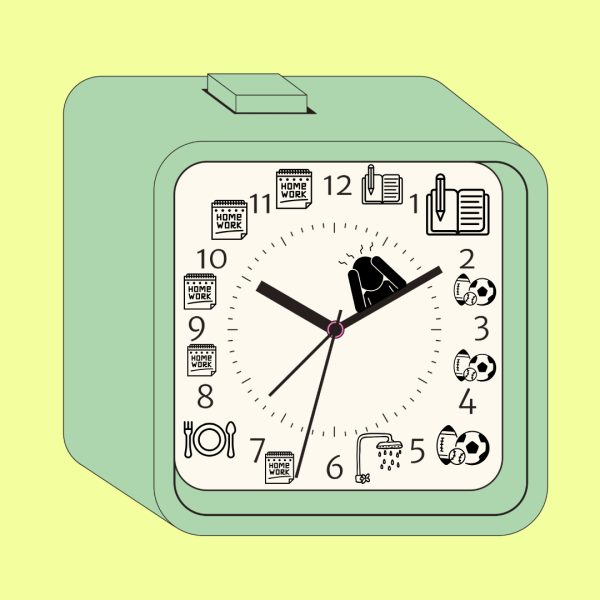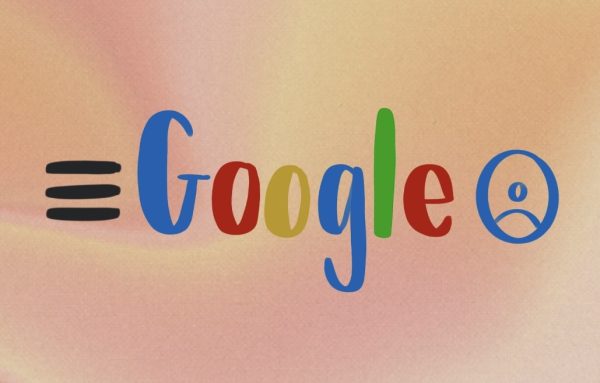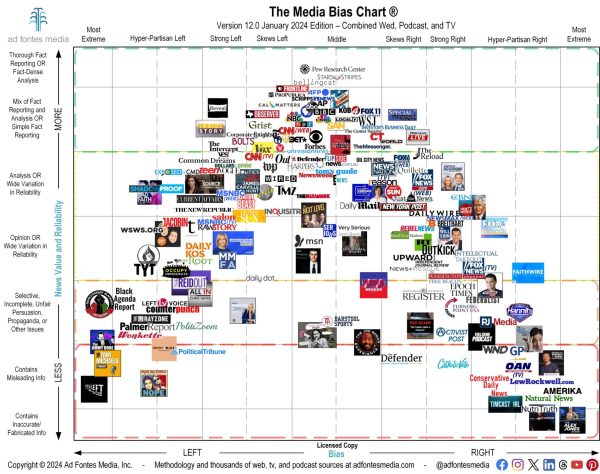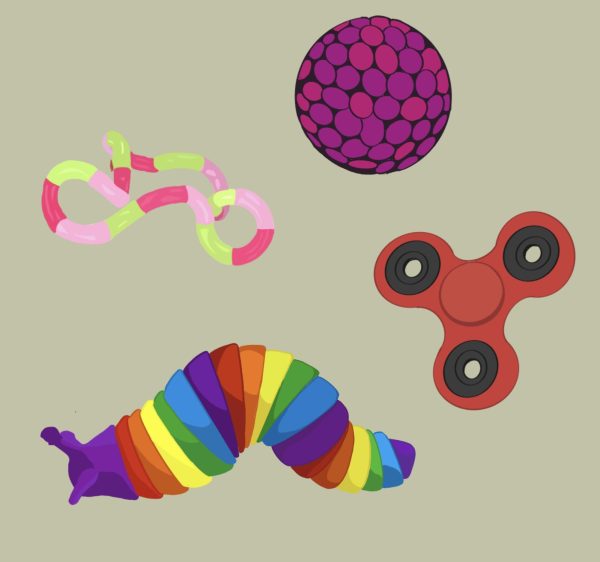Modern Officiating in Sports Ruins Fair and Just Competition
In the modern world of sports, aspects of competition have become a lot more technical. At whatever level, and in whatever league, sports associations are focused on making the right call now more than ever. In order to accomplish this, sports are attempting to take a more in-depth look through strategies such as instant replay, or by calling up to league offices to get more insight. These reformed plans of action, although lengthy, all aim at limiting the amount of officiating error within a game; however, while tactics like these aim at creating a more true and fair sporting environment, they turn out time-consuming, repetitive, and ultimately fail to eliminate the flaws leagues desire to eradicate.
Instant replay, one of the most controversial and debated strategies of review, seems to be executing farther and farther away from its intended purpose. Theoretically, instant replay serves as a short and efficient way to check if a call in a game should stand or be overturned, and is to be used only on close, crucial calls. When put into practice, though, instant replay has proved to be a disaster. For example, in the National Basketball Association (NBA), certain plays are reviewed within the final minutes of a game. Whether it be deciding possession for a ball going out of bounds or deciding whether a player committed a foul, officials head over to the replay table and put on headsets. From there, they will take anywhere up to ten minutes to overanalyze a call with the NBA league offices, and come back to a completely drained-out atmosphere to announce a call that lost all its urgency from the second they set out to review it.
Ironically, the NBA’s rulebook regarding replay does not allow for every questionable play to be reviewed, such as plays that are not halted for fouls or for being out of bounds. And while that may be beneficial for the rhythm and flow of the game, it creates massive inconsistencies. One of the most blatant miscalls occurred very recently when the Celtics and Lakers met for a primetime Saturday night matchup a few weeks ago. With less than five seconds to go in a tie ballgame, Lakers forward LeBron James drove to the hoop and got slapped on the arm, but no foul was called. That miscall led to an eventual overtime victory for the Celtics, which only further multiplied the weight of the mistake.
The inability for officials to review clear miscalls, coupled with the ability for officials to waste time looking over the most simple of calls, makes for an inefficient and riled-up environment, which suddenly makes the purpose of replay seem so trivial. In the National Football League (NFL), the Buffalo Bills were able to secure a victory against the Miami Dolphins in the wild card round after a questionable spot, which gave the Bills a first down instead of a potential fourth down. The officials took over five minutes to come out with a call, one which the majority of national media deemed incorrect.
All across the sports world, fans are getting irritated at the slow and ineffective processes that plague the quality of sporting events. In Major League Baseball, league boards are instituting coaches’ challenges that now force umpires to incorporate instant replay into an already dragged-out affair. What used to be an entertaining, intense battle has now turned into a three hour long social function due to these devastating officiating factors such as replay sessions.
The concept of replay has good intentions; however, the way it is carried out is entirely unprofessional. In order for a sporting event to run smoothly, decisions must be made quickly and correctly. Realistically, officials will not be able to get a call right 100 percent of the time. But if specific technology, such as a sensor, was instituted to instantly identify whether a football crosses the first down marker or a basketball goes out of bounds, a lot of replay would be eliminated. Consequently, time could be spent on more subjective calls at a lesser rate, such as a foul, which would make for a more fair, but also more lively, atmosphere for players and fans alike.

Liam McDonough, class of 2023, is the Opinion Editor for the Searchlight. At Walpole High School, he is a member of the National Honor Society. In...


